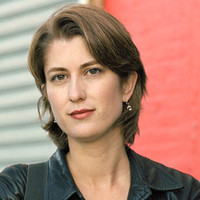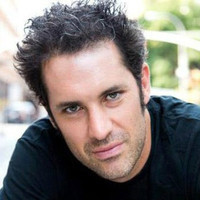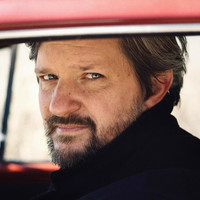Interview: Lil Wayne
GQ: Your relationship with your biological father seems complicated. Lil Wayne: He don't give a shit about me. And I don't give a shit about him. I know his friends be like, "Damn, nigga. That is not your son. Stop lying. Nigga, you could be living in a motherfucking ranch right now, nigga." You know, whatever your father's into, if you're rich, you're gonna get him that shit. I would've got that nigga all kinda harnesses, ranches—you know what I mean? I saw the nigga recently—I had a show in New Orleans. And I ain't afraid to put this out there, 'cause this is just how much I don't give a fuck about a nigga, and I want people to see how you're not supposed to be. I was parked at the hotel, and I saw him walking outside the hotel. Just walking back and forth. I'm like, "Look at this nigga! You gotta be looking for me." If Lil Wayne got a show in New Orleans, the whole of New Orleans knows. Basically, you're not there for nothing else but me. So I call my man on the bus. I'm like, "Nigga, that's my daddy." He's like, "Word? Oh shit. That nigga looks just like you!" So I tell my man, "Go see what's up." So my man goes to holla at him. He tells my man, "Oh. I didn't know y'all was here. I'm here waiting for this little ho to get o¬ff. Get off¬ work from the hotel." For real? That's when I was like, "Typical Dwayne Carter." So that's what's up with me and my real father. I don't want to look like his ass, but I do.



















